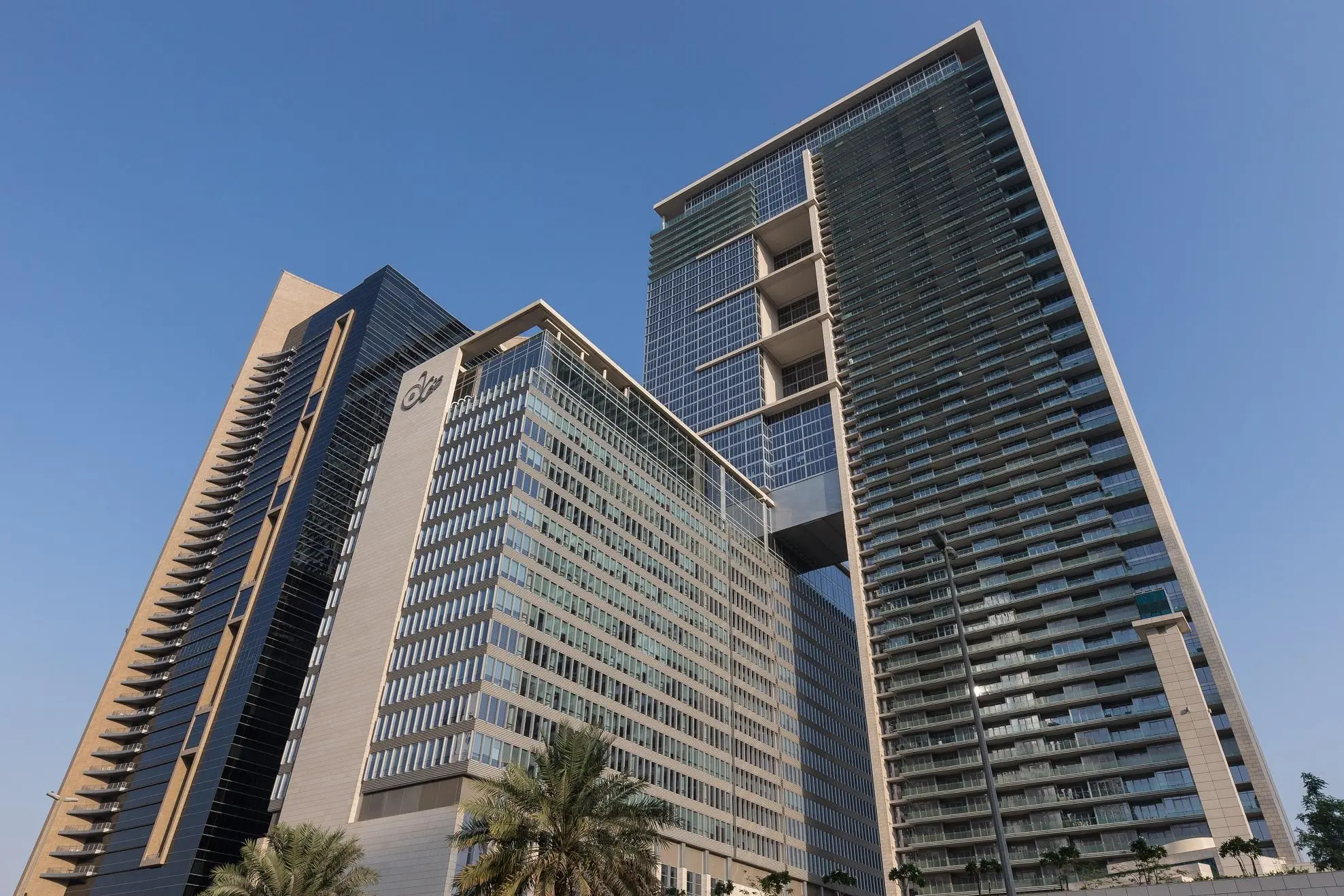PHOTO
Dubai-based Daman Investments has decided to wind down a series of funds because they were "old, and structurally they needed a complete revamp", the company’s head of asset management has told Zawya.
The company said in a press release announcing a new fund launch earlier this month that it would "commence an orderly wind down" of its existing family of funds, which have a somewhat mixed record.
Ali El Adou, who joined Daman Investments as head of asset management in November last year, after more than a decade with Abu Dhabi-based The National Investor, told Zawya in a phone interview earlier this month that the company had “assessed the current fund offering and we decided that the current funds needed to be closed, for several reasons".
The company has already stopped publishing data on a number of these, but the last recorded data to the end of March this year showed that the Daman Speculator Fund’s net asset value had declined by about 66 percent since its launch 10 years ago, and the net asset value of the Daman Islamic Fund had dropped in value by around 35 percent since its formation 16 years ago, according to Eikon data.
El Adou argued that the reason for closing existing funds was "not only about the performance, it's about the fund's jurisdiction, it's about the structure, the investment manager, etc."
He said that the new family of funds it is creating will target international investors and, as a result, will need to be domiciled in a jurisdiction that is considered to be more investor-friendly by them.
“The main focus is that we are looking to attract international institutional investors to the region. International investors seek highly regulated jurisdictions such as Ireland, Luxembourg... Singapore or Hong Kong," El Adou told Zawya in a telephone interview earlier this month.
He added that there had also been a "complete change" in Daman Investments’ asset management business, with a more diversified investment strategy also being adopted. For instance, many of the old funds were focused on equity markets in the United Arab Emirates.
"As an asset class, equities are volatile, and regionally equities have higher volatility versus international markets. So we want to offer a balanced approach to the region," he said.
This involves a broader focus on Middle East and North African (MENA) markets, and on fixed income assets as well as equities, he said.
Balancing act
The first fund is expected to be launched by the end of March next year and is likely to be a balanced strategy fund, he said. He declined to give a target size for the initial fund.
"The initial fund's seed shall be sufficient to place it under the radar screen of institutional investors," he said, adding that funds take time to establish and manage, with investors often looking to see consistent performance before committing capital.
This will be the first of a new family of funds, Daman Investments said in its statement. El Adou declined to say how many funds would be launched within this family, other than stating it will adopt a ‘focused’ approach.
“We're taking it step-by-step. You're not going to launch 10 funds, but you're not going to have one fund,” he said.
"And if we look at the current environment, from a competitive landscape perspective, MENA funds are becoming a rare breed in the region. That is why we see it as an opportunity," he said.
Mutual fund assets in the Gulf region remain fairly small compared to the overall size of the economy, according to Marmore, a subsidiary of Kuwait Financial Centre, Markaz. In a note published in September, it said that total assets under management in mutual funds in the six GCC countries stands at just $32.9 billion, or 2.2 percent of total GDP, compared to 15.2 percent globally. Moreover, the bulk of this is based in simple, money market funds.
In an emailed response to questions from Zawya earlier this month, Marmore analyst Raghu Mandagolathur said that this was due to the fact that such funds "provide slightly more return than the fixed deposits and they are risk-free".
He added that money market funds had also been popular because fixed income fund offerings had been relatively weak, but said these were "now beginning to gain traction".
This is partly due to the fact that sovereign debt issuance in the region has grown significantly over the past few years, leading to JP Morgan confirming in September that it will include more GCC country bonds in its emerging market bond indices.
Reporting by Michael Fahy; Editing by Shane McGinley)
(michael.fahy@thomsonreuters.com)
Our Standards: The Thomson Reuters Trust Principles
Disclaimer: This article is provided for informational purposes only. The content does not provide tax, legal or investment advice or opinion regarding the suitability, value or profitability of any particular security, portfolio or investment strategy. Read our full disclaimer policy here.
© ZAWYA 2018




















